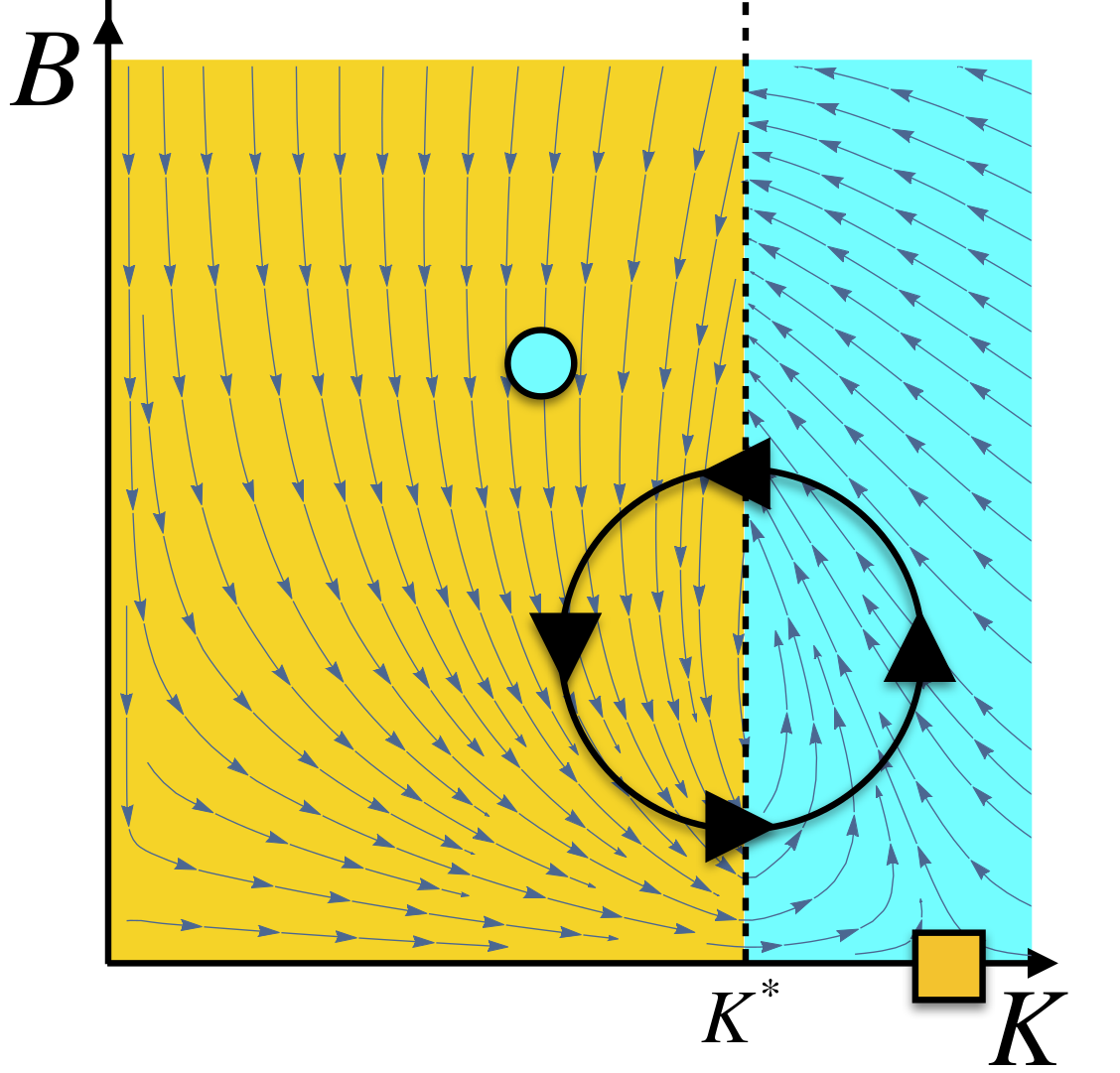BioE/ChE 497 - Stochastic Processes: Theory and Applications in Biology
BioE/ChE 497 Stochastic, i.e. "noisy", contributions are unavoidable in Nature. In the particular case of biological systems, the inherent randomness of biochemical reactions, the fluctuation of external factors, the variability among cells, the low copy number of constituents, etcetera are sources of uncertainty that condition the cellular processes. Importantly, noise is not always a nuisance that challenges the reliability of the biological functions but, in many cases, plays a fundamental and constructive role in Biology. The objectives of the course are:
1) To learn different techniques for modeling stochastic events (Markov chains, Master equation and stochastic differential equations) and to apply those in the context of biological problems.
2) To learn the Ito and the Stratonovich stochastic calculus.
3) To implement simple numerical simulations of stochastic processes.
Prerequisites
MATH 205-like level (or above) is required (algebra, calculus, ordinary differential Equations…) and some minimal experience in programming and/or Mathematica/Matlab.
Why is it interesting for Probabilistic Modelers?
Independently of the particular context of biology, the techniques taught in this course constitute the core of stochastic analysis for modeling either discrete or continuous processes. Importantly, some basic techniques for the numerical simulation of stochastic differential equations in various interpretations are discussed using hands-on exercises and a small project that each student must implement.
Schedule
Offered every other Fall Semester, 7:45 – 9:00 MW

